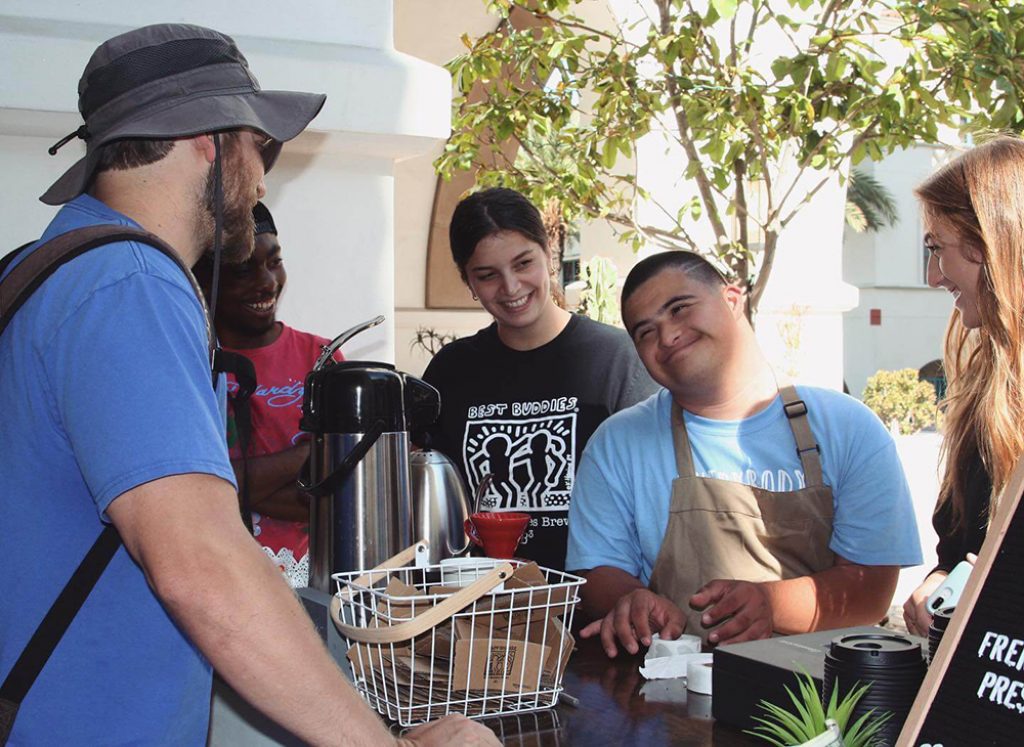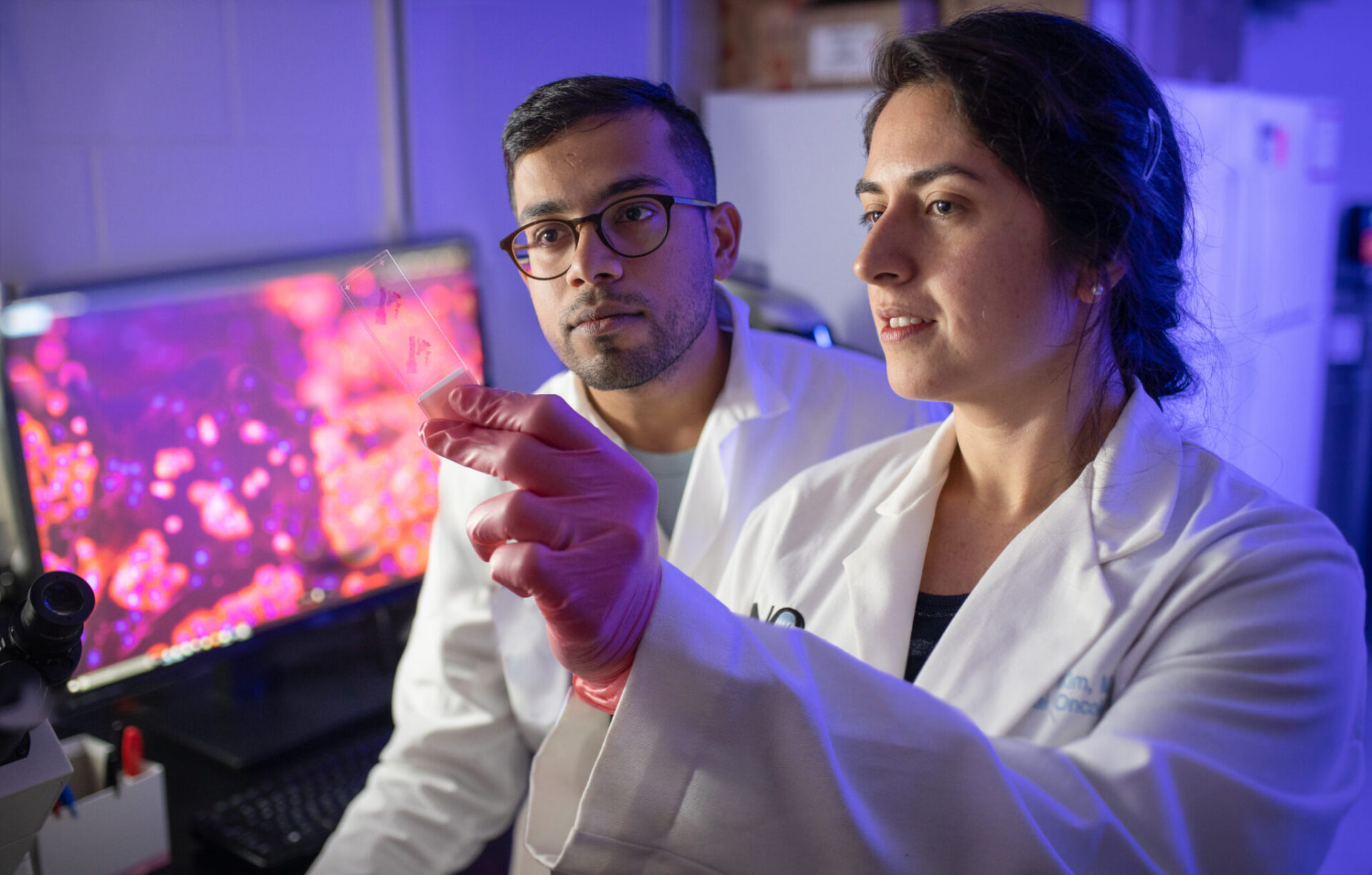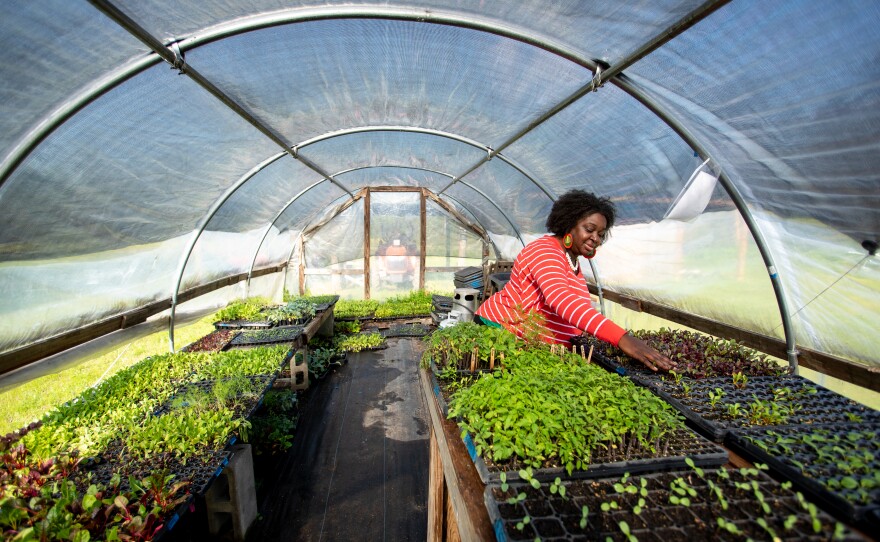Seeking community partners by January 25, 2024
Instructors for the Design Thinking for the Public Good course are looking for community partners who are working to solve a complex challenge and would like to work with an interdisciplinary team of UNC grad students and stakeholders. The course will be taught on Wednesdays from 11:15 a.m. – 2:15 p.m., starting January 10 through early May 2024.
Through this partnership, you can:
- Better understand your stakeholders’ experiences with the challenge or topic;
- Generate and co-design potential solutions for this challenge; or
- Propose ideas and solutions for you to test with real stakeholders moving forward.
What have community partners done in the past?

B3 Coffee
Design challenge: How might we attract customers and build community at the library amidst ever-changing pandemic circumstances. (I.e. menu options, customer discovery strategies). How will we encourage people to forego convenience to experience B3?
Stakeholders: People of all abilities, cultures, and ages in order to cultivate a space of belonging for all. Both library patrons & those who stop by only to get coffee.

UNC Lineberger Comprehensive Cancer Center
Design challenge: How might our office effectively and efficiently communicate updates about our cancer center and research findings with a large, diverse population across all 100 counties of N.C. who have differing levels of knowledge and expertise regarding cancer?
Stakeholders: Six main population groups: general public, community partners, cancer survivors, legislators, healthcare providers, and researchers. Each of these groups has language needs, interests, different communication channel preferences.

Benevolence Farm
Design challenge: How might we improve the housing search for people with criminal records?
Stakeholders: People seeking rental housing in North Carolina that have criminal records
Will this partnership be a good fit for me?
Complete the following steps to see if being a community partner with this course is the right choice for you.
Step 1: Cover the basics
This partnership will work well if you:
- Aim to make a positive social impact through your organization or project.
- Recruit 10+ stakeholders to participate in design thinking activities via Zoom from 11:15 a.m. – 2:15 p.m. on Wednesdays
- Communicate regularly with teaching team and students.
- Are open to exploring a variety of solutions, and pivoting from what you think your solution should be.
- Are familiar with design thinking or are interested in building your own capacity in design thinking.
If all five bullets apply to you, move onto Step 2.
If all five bullets didn’t apply to you, but you are still interested in learning about design thinking and how it can work for your organization or project, please reach out to Jennifer Abrams at jennifer.abrams@unc.edu.
Step 2: Choose a partnership type
There are two ways we’ll engage with community partners over the course of the semester – you can choose to be a Design Sprint Project Partner, a Semester-Long Project Partner, or both. Consider which of these partnerships fits you best.
You could be a Design Sprint Project Partner if you:
- Can commit about 6-8 hours total over the course of the semester.
- Would like students to design activities to engage with stakeholders.
- Are happy to attend class sessions that your stakeholders are a part of, and listen and learn.
You could be a Semester-Long Project Partner if you:
- Can commit about 15-20 hours total over the course of the semester.
- Would like to work with students to shape design activities to engage with stakeholders.
- Are happy to attend class sessions that your stakeholders are a part of, and receive written products to support ongoing design thinking work.
Based on the items that apply to you in Step 2, you might be a better fit for one of these partnerships, or you may be a good fit for both. Go to Step 3 to learn more about expectations for each type of partnership.
Step 3: Review expectations
Design Sprint Project Partner
If you found that you would be a better fit as a Design Sprint Project Partner, please read the Design Sprint Project Partner Memorandum of Understanding.
Semester-Long Project Partner
If you found that you would be a better fit as a Semester-Long Project Partner, please read the Semester-Long Project Partner Memorandum of Understanding.
If you would like to try both partnerships, please read both memorandums linked above. Once you’ve reviewed these expectations, continue to Step 4 to get in touch with the teaching team.
Step 4: Submit an interest form by January 19, 2024
As the last step, please use our HBEH/PLCY 748 Community Partner interest form to share a few details about your organization and book a meeting with the teaching team to chat more about what this partnership could look like. If you’re interested, we encourage you to let us know early as we will consider partnerships on a first-come, first-serve basis.
Community partners are also welcome to join weekly class sessions to learn more and build skills in design thinking. Email Jennifer Abrams at jennifer.abrams@unc.edu.
What should (and shouldn’t) I expect out of this class?
- You will get closer to finding solutions to your design challenge, but you likely won’t have a full-fledged one. Design thinking is iterative. Given that students only have one semester to learn and apply these design thinking concepts, we will have to streamline that process. Students will work with the resources they have available to address your design challenge and will come up with ideas for you to continue the process beyond this class.
- Students will set you up for success to test the solutions that you come up with together, but they will not implement these solutions. With Semester-long Project Partners, students will propose 2 potential concepts to tackle your design challenge and come up with a plan on how you can quickly and easily test these ideas. You will receive all of these materials so that you can move forward with testing and implementing solutions independent of the student teams.
- Students will be trained and expected to act in a professional manner throughout all activities, but they are not the same as a professional-level design thinking service. Through this class, students will be learning the concepts that they will then apply in these partnerships. Our goal is to build reciprocal value during these partnerships – for the benefit of student learning and in the creation of impact with the community served.

 | UNC-CH
| UNC-CH